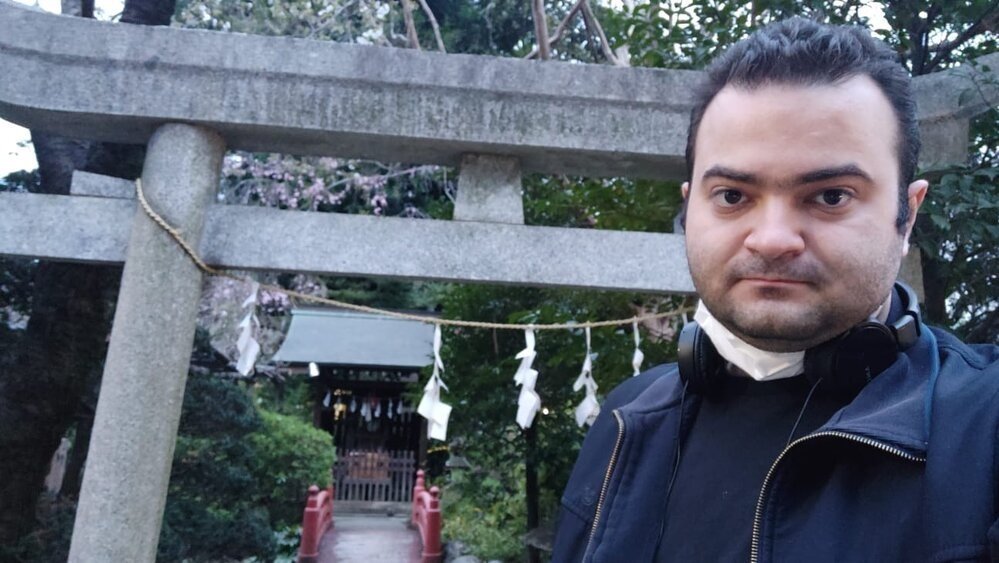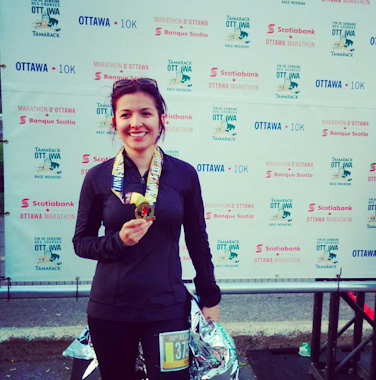
© UNHCR/Antoine Tardy
Student Stories
-

Rashad's Story
Rashad Asaad and his two siblings were raised in Damascus by their single mother. Without many financial resources, they had to move frequently until Rashad’s mother eventually saved enough money to purchase a home in the Muadamiyat al-Sham neighborhood in the suburbs. Rashad began his studies in mechanical engineering at the University of Damascus in 2011, just as the Syrian Civil War broke out. Soon after, he and his family were displaced from their home and moved to a safer, more centrally located neighborhood. However, as the fighting intensified, they made the difficult decision to leave Syria for Istanbul, Turkey, where Rashad’s relatives lived.
Once in Istanbul, Rashad had to quickly find work to support his family. After one year in Turkey, his relatives ran into financial challenges and it was difficult to continue supporting Rashad’s family. Without a livelihood and with very little resources, Rashad’s mother and sister were compelled to return to Syria. Knowing they would be forcibly conscripted into the Syrian Army, Rashad opted to stay in Turkey while his brother moved to Russia via Lebanon. Rashad found himself in Turkey alone without a support system. It was around that time that a Syrian friend he had met online invited him to move in with him and his mother. According to Rashad, this act of generosity changed his life.
Soon after, Rashad learned about the Syrian Scholars Initiative. He was rejected the first year because his TOEFL score was too low, but he studied hard, reapplied and was awarded the scholarship the following year. He now studies information technology and computer science at International Christian University (ICU) in Tokyo, Japan. He says, “For me, I lost nine years of my life - they were not fruitful years - but in the end, I was able to get this great opportunity. Not only completing my education, but also getting a high-quality education. If someone told me 10 years ago, ‘Rashad, you will study at a university in Tokyo,’ I would have said ‘What?! That is not going to happen!’”
-

Fatima's Story
You must have seen images of refugees on the news, heard their stories, met them, or had other first-hand experiences. You might have even been a refugee yourself. I am Fatima, a proud Canadian citizen and a former refugee from Afghanistan.
My story might not be very different from those of many others who have had to flee from their homes to save their lives. We share experiences of loss, hardship, and threats to life and dignity. I find myself amongst the most fortunate, though, because I have received the opportunity to pursue higher education and build a life. If it weren’t for World University Service of Canada (WUSC)’s Student Refugee Program (SRP), and the Government of Canada, today I would not be who I am and where I am.
Born in Kabul Afghanistan, I never dreamed of leaving the country of my birth. I always imagined completing my education and pursuing a career. When in the 1990s our schools closed and our lives were interrupted drastically, the prospects for a bright future were fading for myself and my siblings.
In late 1993, my mother, two sisters and I were able to flee from Afghanistan to Pakistan. Every checkpoint presented a risk; we breathed and prayed to not be taken away by the militia.
With no legal status and rights, living in Pakistan was full of challenges; nonetheless, that is where I learned about WUSC’s SRP, a sponsorship program by Canadian universities and a pathway to citizenship in Canada. When I got the news that I was accepted to the program, I was overjoyed.
WUSC’s SRP allowed me to not only complete a bachelor’s degree but also to become a Canadian citizen, find a community, and contribute as a member of the society.
Although the numbers of students sponsored by WUSC annually might not seem significant, the impact on each student’s life is. My hope is that programs such as the SRP are strengthened, expanded, and replicated so that more individuals, families, and communities can be supported and sponsored. Refugees around the globe deserve hope and a chance at a meaningful and dignified life.
